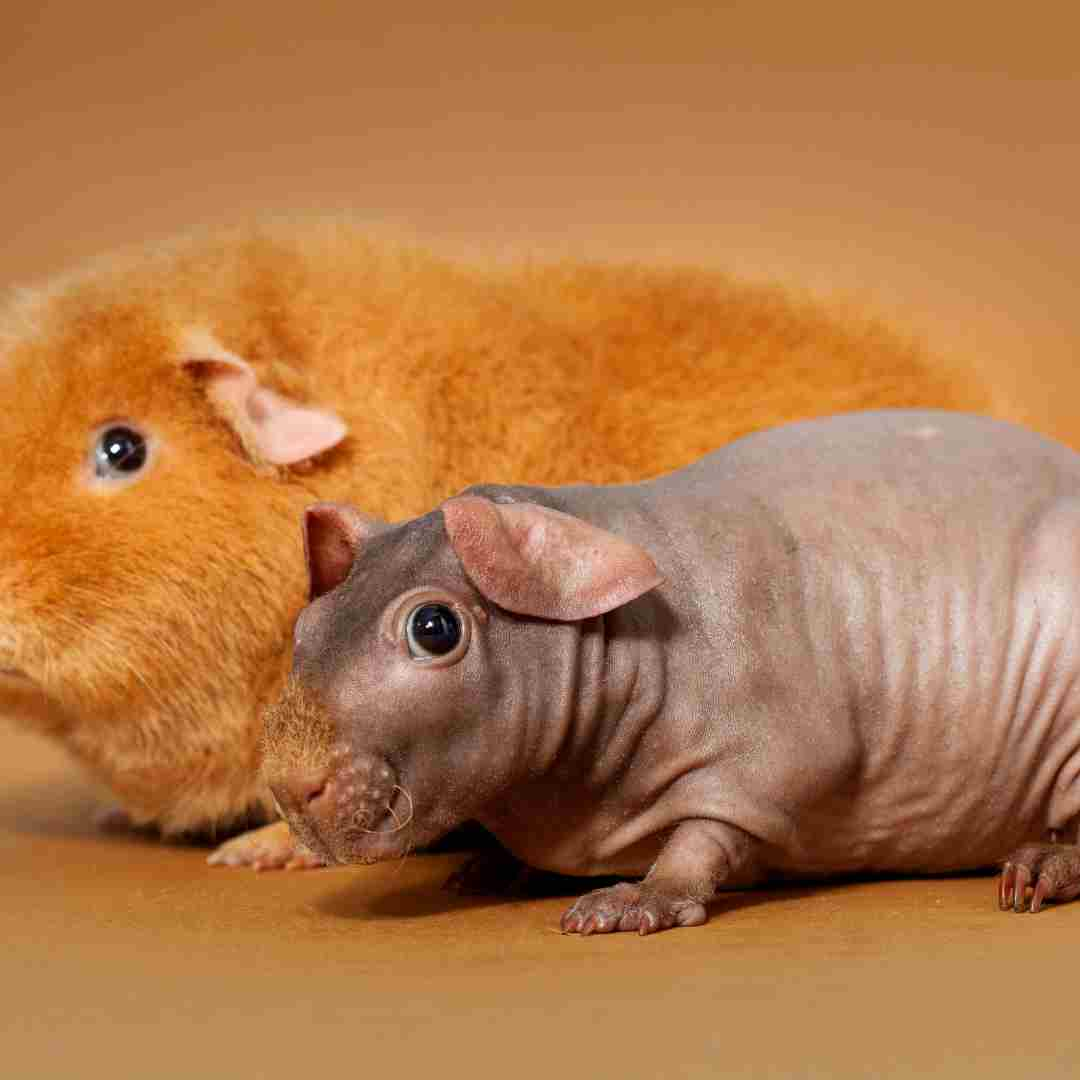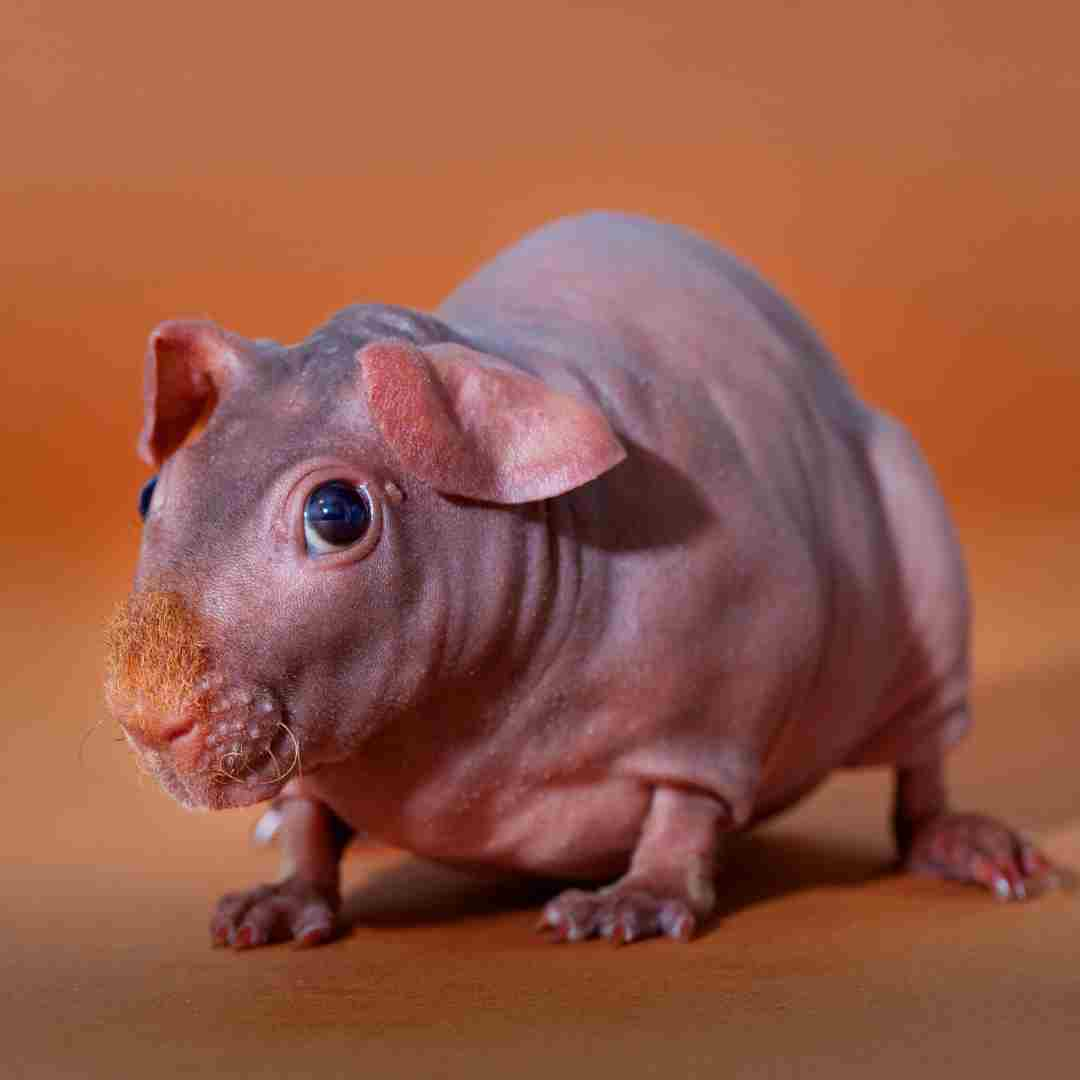Why Rabbits Lose Weight: What to Look for
Weight loss in rabbits is common and caused by many circumstances. To treat rabbit weight loss, it's necessary to know the causes.
A poor diet is the main cause of rabbit weight loss. Rabbits need a high-fiber, low-fat diet. Weight loss might result from poor rabbit nutrition. Always provide rabbits with fresh hay and water. Weight loss can result from not meeting certain nutritional requirements.
Medical conditions might also induce rabbit weight decrease. Rabbits can lose weight due to gastrointestinal, dental, and parasitic diseases. If a rabbit has any of these symptoms, seek veterinary attention immediately.
Stress can cause rabbit weight loss in addition to medical issues. Environmental changes, lack of exercise, and congestion can induce stress. Treating a stressed bunny and providing a safe and comfortable habitat is crucial.
Finally, age can induce rabbit weight reduction. As rabbits age, their metabolism slows and they may metabolize food less efficiently. A rabbit's food should be adjusted to maintain a healthy weight as they age.
Know the causes of rabbit weight loss, which can be significant. Weight loss in rabbits should be investigated by a vet as soon as possible to discover the cause and take appropriate action.
Healthier Rabbit Diet: What to Feed Your Pet
Rabbits need a healthy diet like any pet. Rabbits need a varied diet to stay healthy and active. An unhealthy diet high in carbohydrates or low in fiber can cause obesity, digestive disorders, and dental troubles. Knowing what to feed your rabbit ensures they get the nutrients they need to live long and healthy.
Hay is a rabbit's main food. Hay is abundant in fiber and helps rabbits digest, thus it should be their main food. Timothy hay is great for rabbits since it has high fiber and low protein and calcium. Maintaining their teeth with fresh hay daily is also vital.
Rabbits need hay and fresh veggies. Rabbits should eat 10-15% vegetables, including dark leafy greens like kale, spinach, and collard greens. Carrots, celery, and bell peppers are rabbit-safe. Avoid rabbit-toxic vegetables including potatoes, onions, and garlic.
Fruits can be given to rabbits as treats, but only as a minor component of their diet. Apples, pears, and bananas are rabbit-safe. Avoid grapes, raisins, and citrus fruits, which are poisonous to rabbits.
Finally, rabbits should eat a few pellets. Rabbit pellets should be only 10% of their diet and high in fiber and low in protein and calcium.
Following these instructions will guarantee your rabbit gets a balanced and nutritious meal. Rabbits need a healthy diet like any pet. You can keep your rabbit healthy and active for years by feeding it the right nutrients.
The Importance of Exercise for Rabbit Health
Exercise helps keep rabbits fit and healthy. Your rabbit's heart, lungs, muscles, and joints benefit from regular activity. It also controls weight and prevents obesity.
Rabbits are busy and need lots of area to roam. A large, secure outdoor enclosure is preferable, but if not, a large indoor enclosure with lots of toys and activities can keep your rabbit entertained.
Daily activity should be at least an hour for rabbits. This can be done by giving them a big, secure garden or indoor enclosure to explore. Offer toys and activities to get your rabbit moving and exploring.
Outside their enclosure, rabbits benefit from supervised playtime. Provide a playpen or large room for them to explore safely. To keep them amused and busy, provide them toys and activities.
You should give your rabbit lots of area to roam and a variety of surfaces to walk on. It can be grass, mud, sand, or carpet. Helps keep feet healthy and robust.
Finally, give your bunny enough rest. Rabbits should rest for 12 hours a day without interruption. This will keep them fit.
Finally, exercising helps keep your bunny healthy. They can stay active and healthy with lots of area to roam and supervised playtime outside their enclosure. Providing a variety of walking surfaces and ample rest can also help them stay active and healthy.
Common Rabbit Health Issues That Can Cause Weight Loss
Many households have rabbits, but they might develop health issues that cause weight loss. Awareness and prevention of these disorders are crucial.
One of the most common health issues that causes rabbit weight loss is gastrointestinal stasis. The digestive system slows or quits working. This can be caused by stress, nutrition, or lack of exercise. Lethargy, weight loss, and appetite loss are gastrointestinal stasis symptoms. Not handled, this illness can kill.
Dental disorders might also cause rabbit weight loss. Without proper care, rabbits' teeth can grow too large and cause pain and difficulties feeding. A decrease in appetite and weight loss may result.
Infectious disorders like myxomatosis and rabbit hemorrhagic sickness can also lower rabbit weight. These infections are infectious and deadly if untreated. These diseases cause fever, tiredness, and weight loss.
Rabbits can also lose weight from fleas, mites, and worms. These parasites can induce anemia, appetite loss, and weight loss.
It's crucial to recognize and prevent these frequent health issues that can cause rabbit weight loss. Your rabbit needs regular vet visits, a good food, and exercise.
Monitor Your Rabbit's Weight and Act If Needed
Weight monitoring is crucial to your rabbit's health. You must intervene if your rabbit's weight is abnormal. How to monitor and act on your rabbit's weight.
Start by weighing your rabbit periodically. Use a kitchen or pet scale. Weigh your rabbit monthly or more regularly if its weight fluctuates. Every time you weigh your rabbit, record it.
Second, weigh your rabbit against its breed average. If your rabbit is much lighter or heavier than typical, it may be sick.
Third, check for other health conditions. If your rabbit is losing weight, watch for tiredness, appetite loss, or behavior changes. Increased appetite, activity, or hair texture may indicate weight growth in rabbits.
Fourth, take your rabbit to the vet if you detect weight fluctuations or other health issues. Your vet can detect and treat health conditions.
Finally, feed your rabbit well. Give your rabbit hay, fresh veggies, and a few pellets. Limit sweets and sugary foods for your rabbit.
You can check your rabbit's weight and take action with these ideas. This will keep your rabbit happy and healthy.
